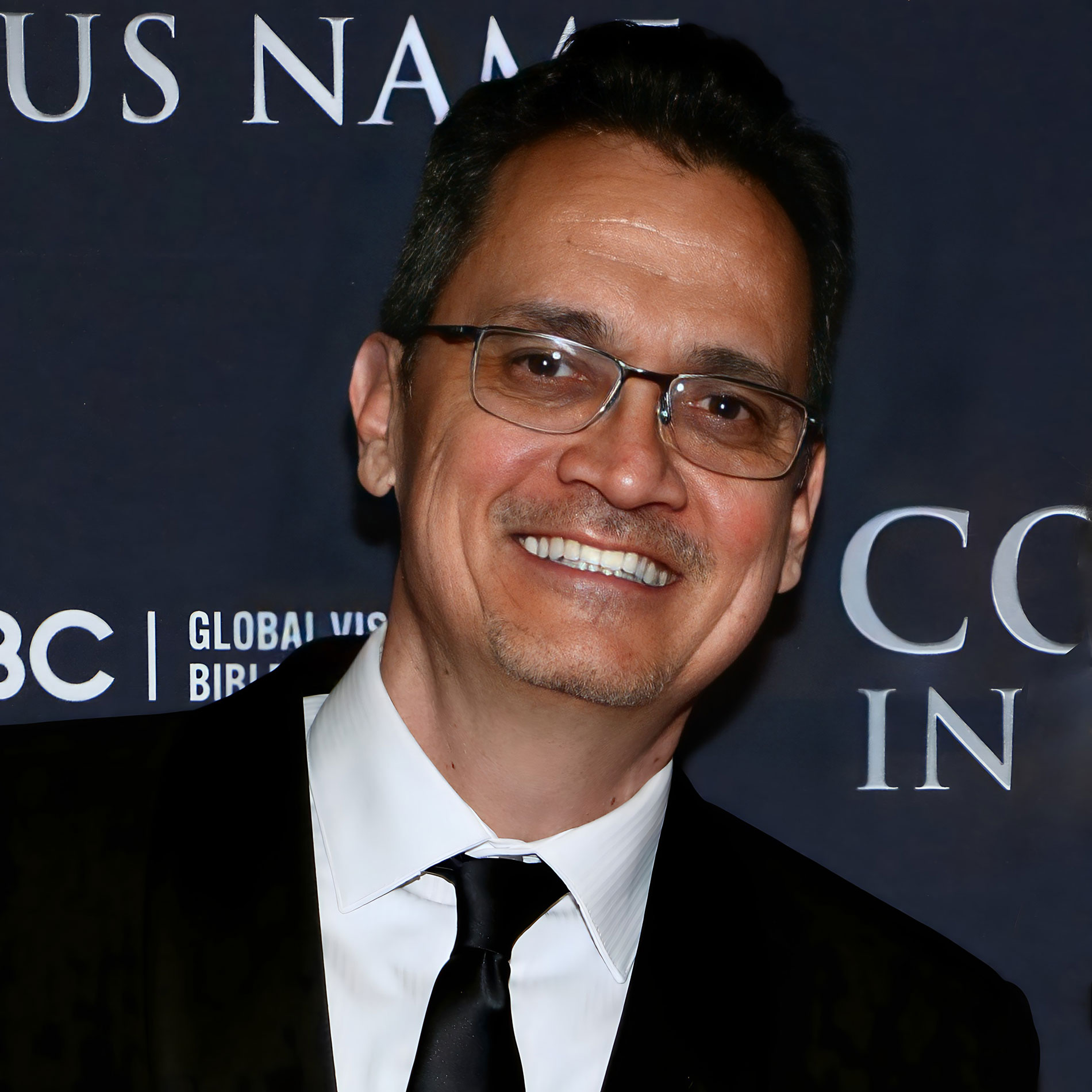The theatrical success of The Chosen: Last Supper—which pulled in over $11 million during its record-breaking opening weekend—confirms what we’ve long known: People are starving for Scripture. The appetite is real. And that’s good news.
At Red Sky, we’ve always supported Bible-based films—even those that fall short. Creativity has its place, even when working with sacred texts. We gave early praise to House of David for walking the tightrope—using poetic license without undermining biblical authority. Storytellers sometimes fill in the blanks, and we give them wide latitude to bring Bible history to life. But when creativity crosses the line into making God look weak, diminishing the divinity of Christ, or changing Scripture in any substantive way, the entire foundation begins to crumble.
Sadly, that’s exactly where The Chosen has drifted.
I enjoyed the show during its first two seasons and had high hopes that it would strengthen as it gained greater funding. But as the scriptural content waned and human sentiment took center stage, it lost me. It turns out that the Mormon church has played a significant role in its production and distribution. In the film industry, that’s a big deal. While creator Dallas Jenkins is an Evangelical Christian—and a brother we at Red Sky respect—it’s increasingly difficult to ignore the outside influence surrounding his series.
Why does that matter?
Because the Mormon Church (LDS) openly denies the biblical doctrine of the Trinity. Unbelievably, it teaches that Jesus is the spirit brother of Lucifer, not the co-eternal Son of God, equal with the Father and the Holy Spirit. Likewise, the LDS church treats the Bible as secondary to the Book of Mormon—a fictional work penned in 1829 by an American farmer and treasure hunter named Joseph Smith. Imagine that. So actual Christians should be wary of any ”biblical” media produced by Mormon organizations.
As it relates to the show’s depiction of the character of Jesus, the drift doesn’t stop there.
The actor portraying the Lord, a devout Roman Catholic named Jonathan Roumie, brings a contemplative and restrained tone that reflects Catholic sacramental tradition more than Scripture. The real Jesus wasn’t just “emotionally available.” Though He came in humble form, His divine power was unmistakable to any honest witness with eyes to see or ears to hear. He cast out demons (everywhere he went), raised the dead, and shook cities with His divine words and supernatural power. He wasn’t a “regular guy” who slowly stepped into the Messiah role. Yes, He was a man, but He was also the all-powerful God of the universe from the very beginning. The Chosen seems intent on avoiding that crucial fact. Whether that is due to the pressure of non-biblical influences or simply an effort to make Jesus more “relatable,” it shouldn’t be.
Compounding the scriptural dilution, The Chosen has introduced a growing number of fictional characters—many of them named—who significantly reshape the Gospel narrative. What begins as creative license ends up rewriting sacred history, as many of these fictional characters are more memorable than most of the disciples. With so much of Jesus’ ministry being omitted through the series’ scripts, it’s extremely disappointing that the show chose their own powerless filler over the living Word of God.
Let’s keep pressing in for Bible-based films. Let’s continue celebrating media that honors Scripture. But let’s also draw the line—clearly and boldly—when the supernatural power of Jesus and His Gospel gets diluted for any reason. Not on our watch.
“But even if we or an angel from heaven should preach a gospel other than the one we preached to you, let them be under God’s curse!” (Galatians 1:8).
That scriptural warning couldn’t be more relevant, so I hope they read this review.



















Flegle Greg
How do you come to your conclusion that the LDS is influencing the content? You make the accusation but offer no proof.
NAOMI JOHNSON
You have to have read the Bible and understand the words, I don’t know how else to explain this to you. I assure you Pastor Locke has read the entire Bible a hundred times more than me.
Nancy Sprague
I saw an interview of the producer Dallas Jenkins sharing about how they weren’t going to be able to continue filming after losing their “production stage” bc the LDL church. Well they reversed course & perhaps he had to make deals w them to include their ( false) beliefs in order to continue filming on their property? Could be!
Nancy Sprague
PS: I stopped watching the show after I got annoyed at Mr Roumie’s Italian accent!! I was enjoying it prior to. I equated the accent with his Catholic faith so that was IT for me!! I’m in agreement with this author but I think more detail about his views would be helpful .
Allen Chastain
I was drawn into the series with the first scene. It made the Bible more real to me when I began to see actual people portray the men in God’s word. I even bought the first few seasons on DVD. God’s Holy Spirit in me must have broken my facination with the series. I didn’t realize it had happened until I read your article. I am concerned about having the couple of seasons on DVD in my home. I am the KJ Bible only! Not the new version! I have read enough of it to know if I hear someone “reading” a bible to know if it is the King James Bible or not and watching a series of movie and I can tell instantly if it aligns with the true Bible. I am thankful for that.
Kevin Brockschmitt
Even though there are some fictional characters along with the stories just shows these were real people with real lives. I don’t see that by any means devalued or alters the Gospel messaging. There is more good being done than not,Mormons don’t alter the message.
Shelley Donathan
I agree I did watch the Chosen but after the second season I could not watch anymore, it was not biblical. I liked the show for the first 2 seasons